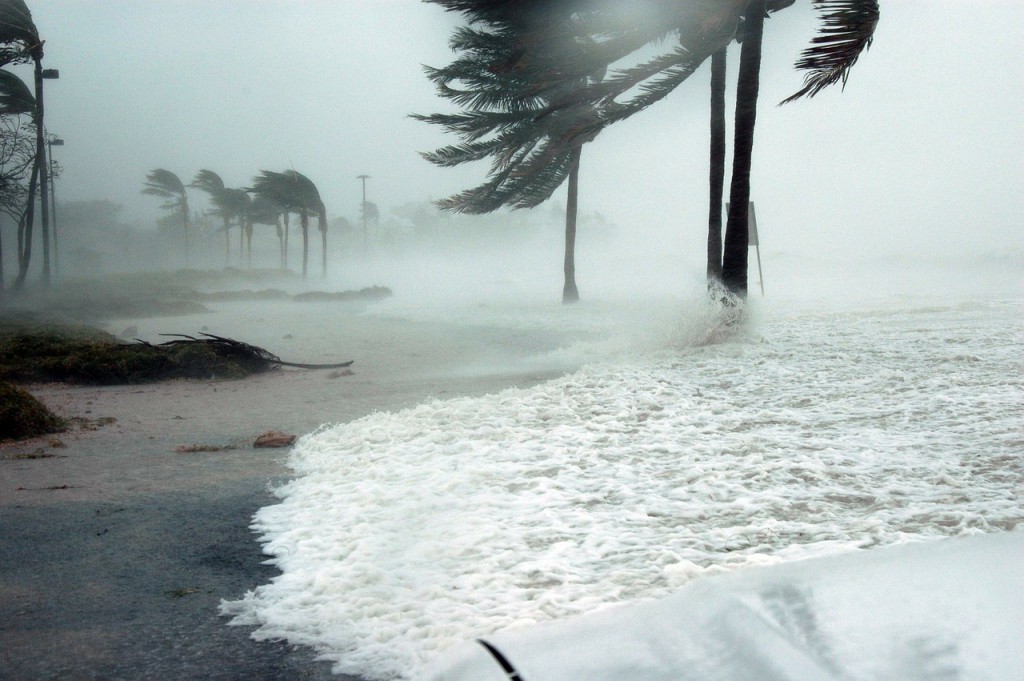What is a travel insurance claim and how do I file one?
A travel insurance claim is easy to file if you follow the required procedures and timetable. Read on for info and tips.
It happened! Before, during, or after the trip you painstakingly planned, an unexpected kink has knocked your travel plans for a loop. The good news is you had the foresight to purchase travel insurance that (hopefully!) covers your loss.
Travel insurance protects you from the unexpected. Even during the best travel adventures, reality has a way of butting in. Your child is sick, and you need to rush home. You leave your passport in the cab. Your rental car gets sideswiped on a winding mountain pass. The list is endless. And while you can’t prepare for everything, it pays to choose your travel policy wisely.
There are many levels of travel insurance, ranging from basic trip cancellation reimbursement to specialty policies that cover injuries from extreme adventure sports and other high-risk travel.
An insurance claim is your formal request, filed electronically or in writing, using forms provided by your insurance company and accompanied by required documentation (receipts, Medical Declaration forms, other supportive medical information, police reports, photos) for coverage or reimbursement of losses related to travel.
Before filing a claim, carefully review your Policy Certificate of coverage to ensure your expense or loss is a covered benefit. Then contact your insurance carrier to discuss your claim and to review the information they need to process your claim.
Tip: Contact your insurer as quickly as possible, as you must file your claim within a certain time period.
 I filed my claim. What happens now?
I filed my claim. What happens now?
Once your insurance adjuster receives your claim, they will typically contact you by phone or email to let you know they received it, and whether they require any additional information or documentation to process the claim.
Tip: Your adjuster is your contact person throughout the claims process and can answer your questions or provide guidance along the way.
When do I get my money?
Insurance claims usually take a few weeks to process, and more complicated claims may take even longer. The more complete the claim is upon filing, including required documentation, the more quickly it will be settled.
Tip: Experts recommend paying trip expenses with a credit card. Credit card companies have consumer protection programs in place, can provide expense documentation, and can help you resolve certain disputes. These same protections do not cover cash or debit card purchases.
My claim was denied! What should I do?
First, pinpoint the reason your claim was denied. Next, contact your adjuster to discuss the denial and ask what additional information or action might reverse the decision.
Tip: Insurance companies have an appeals process, and many appeals are successful. Ask your adjuster how to file an appeal.
 What’s the most common reason for a claim being denied, and how can I prevent that?
What’s the most common reason for a claim being denied, and how can I prevent that?
Claims are most commonly denied because the reason for the claim is not a covered benefit, or documentation is missing from your claim submission. Insurance companies may also deny claims because of pre-existing medical conditions, an inaccurate estimate of trip expenses, policy exclusions or limitations, or other reasons.
You can prevent denial of a claim by thoroughly understanding your policy coverage. Read your policy certificate carefully upon purchase, before travel, and before filing a claim. If the policy does not list the reason for your claim, it is not covered.
Tip: Travel insurance policies are usually issued with a 10-14 review period, during which you can review the plan and make changes.
 What do I need to know BEFORE choosing an insurance policy?
What do I need to know BEFORE choosing an insurance policy?
You need to know that not all travel insurance plans are equal, and that no plan covers everything. Your travel coverage needs to fit your specific situation.
Your best bet is to find a travel insurance carrier that lets you choose from a menu of options, rather than one that only offers “one size fits all.” Once you have found a carrier that lets you customize your policy, talk to their representative for guidance.
Key Takeaways
Carefully review your policy BEFORE you travel. Make sure you understand the Policy Certificate. If you don’t understand something, contact your insurance carrier for clarification.
Keep a copy of the policy with you as you travel so you have contact and other information.
Documentation can make or break your claim. Keep copies of everything, including receipts, emails, Medical Declaration forms signed by an attending doctor, and anything else that relates to your travel or reason for claim.
If the unexpected happens, contact your insurance carrier as quickly as possible.












